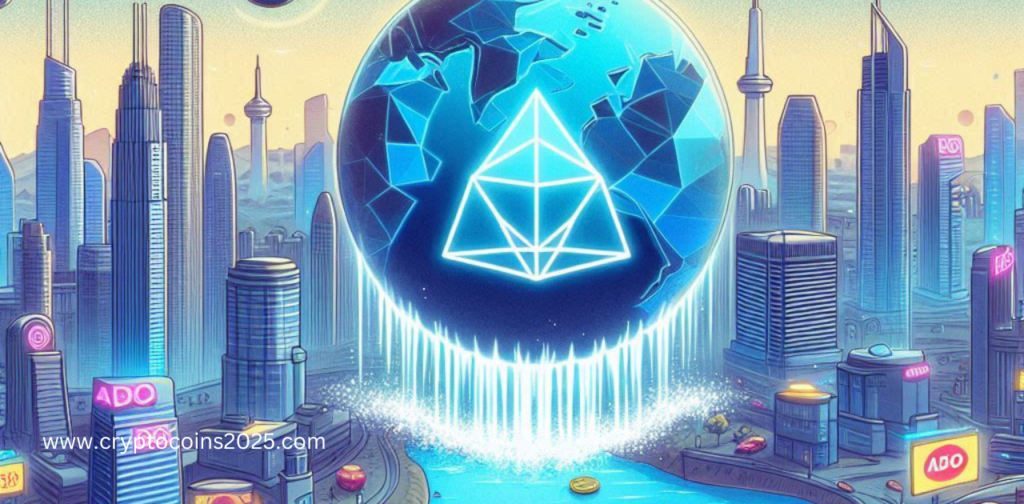Contents
The future of DAOs: From niche experiment to mainstream disruption?
Decentralized autonomous organizations (DAOs) have emerged as a revolutionary concept in organizational structure. DAOs leverage blockchain technology to create internet-native organizations governed by code and community consensus, raising interesting questions about their potential impact. This article explores the future of DAOs, examining their potential benefits, challenges, and evolutionary trajectory.
The promise of DAOs

- Decentralization and transparency: DAOs eliminate the need for centralized leadership, and promote a more democratic and transparent decision-making process.
- Global collaboration: DAOs transcend geographic boundaries, allowing individuals around the world to collaborate on projects.
- Increased efficiency: Decisions in DAOs are automated via smart contracts, potentially streamlining workflows and reducing bureaucracy.
- Community ownership: DAO members have governance tokens, which give them voting rights and a stake in the organization’s success.
Challenges on the road ahead

- Scalability and governance: DAOs with large memberships may face challenges in achieving consensus and ensuring efficient decision-making.
- Security risks: DAO smart contracts may be vulnerable to hacks and exploits, potentially putting the organization’s treasury at risk.
- Legal uncertainties: The legal framework surrounding DAOs is still evolving, creating uncertainties about liability and regulatory compliance.
- Technical barriers: Participating in a DAO often requires some technical expertise, which may limit access for non-technical users.
Table: Potential future applications of DAOs
| Applications | Description |
|—|—|
Venture Capitalism: DAOs can revolutionize venture funding, enabling collective investment decisions and ownership of startups. |
| Freelance Marketplaces: DAOs can create decentralized platforms for freelancers to connect with clients and collaboratively manage projects. |
| Social Media Platforms: DAO-governed social media platforms can prioritize user privacy and empower users through token ownership. |
| Content Creation: DAOs can fund and manage the creation of content, ensuring fair compensation for creators and community ownership of content. |
Conclusion

DAOs have immense potential to reshape organizational structures across various sectors. While challenges remain with regard to scalability, security, and regulation, the DAO movement is gaining momentum. As technology matures and legal frameworks evolve, DAOs may transform from a niche phenomenon to a mainstream force in the future of work, collaboration, and ownership.
Frequently Asked Questions
- Are DAOs a threat to traditional businesses? DAOs can introduce new competition, but they can also encourage collaboration and innovation within existing structures.
- How do I join a DAO? Many DAOs have online communities where you can learn more and potentially participate. It’s important to do research before joining any DAO.
- What are the risks of participating in a DAO? DAOs are a relatively new concept, and there are inherent risks associated with smart contract vulnerabilities and uncertain regulations.
DAOs are still a work in progress, but their potential to disrupt traditional models cannot be denied. It’s important to stay informed about the evolving DAO landscape to understand their impact on the future of collaboration and governance.

